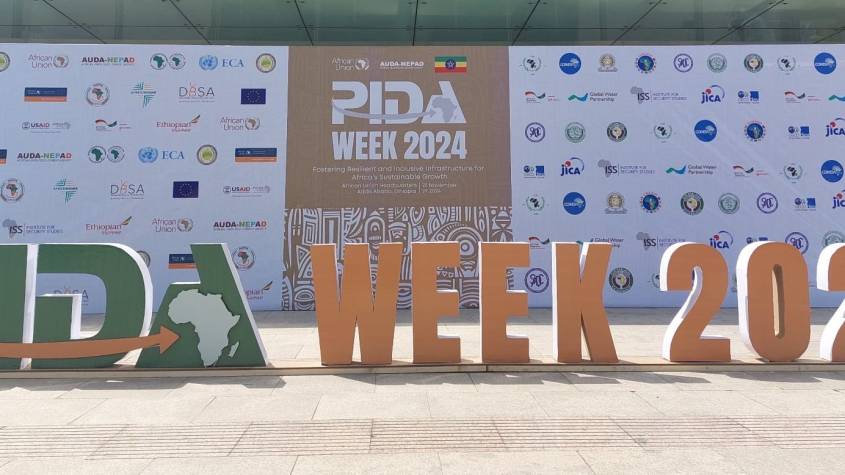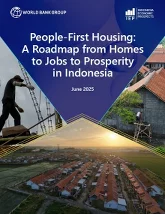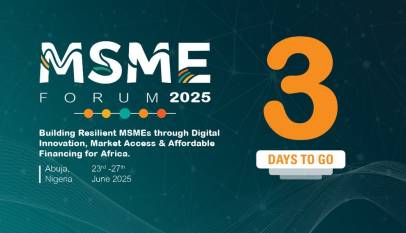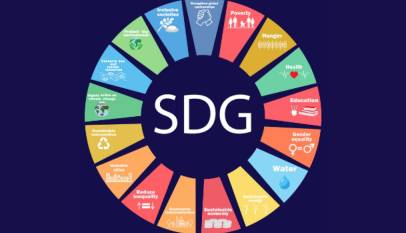8th PIDA Week Charts Path for Bridging Africa’s $100 Billion Infrastructure Gap
The 8th Programme for Infrastructure Development in Africa (PIDA) Week sought to address the continent’s $100 billion annual infrastructure financing deficit.
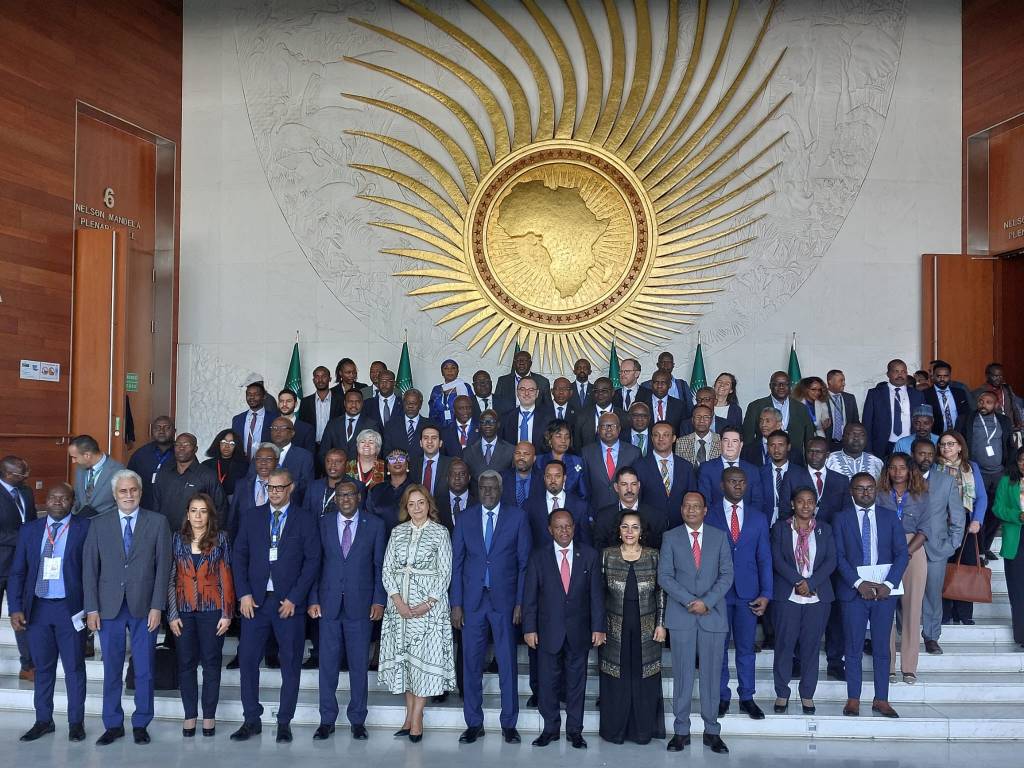
From November 25 to 29, African infrastructure stakeholders gathered in Addis Ababa, Ethiopia, for the continent’s premier infrastructure event, the 8th Programme for Infrastructure Development in Africa (PIDA) Week. Themed: “Fostering Resilient and Inclusive Infrastructure for Africa’s Sustainable Growth,” the event sought to address the continent’s $100 billion annual infrastructure financing deficit.
Hosted by the Ethiopian government, in partnership with the African Union Development Agency (AUDA-NEPAD) and the African Union Commission (AUC), the gathering brought together prominent African leaders including Prime Minister Abiy Ahmed of Ethiopia, Taye President Astike Selassie of Ethiopia, African infrastructure ministers, development partners, private sector leaders and key infrastructure stakeholders from across Africa and beyond.
In her opening remarks, the Chief Executive Officer of the African Union Development Agency (AUDA-NEPAD), Nardos Bekele-Thomas, emphasized the importance of PIDA Week as a platform to advance Africa’s infrastructure agenda, noting that the event builds on the momentum of the 2022 Dakar Financing Summit and the 2023 launch of the PIDA First 10-Year Implementation Report.
Bekele-Thomas described PIDA Week as a forum for forging stronger collaborations to address Africa’s infrastructure financing challenges “We convene here in Addis Ababa to deliberate on solutions that will reshape the infrastructure landscape and advance our collective vision for the continent. Africa’s infrastructure requires an estimated annual investment of $130 to $170 billion,” she said.
The AUDA-NEPAD CEO warned that failing to bridge this gap could severely hinder Africa’s economic recovery and growth, and impact job creation and poverty reduction efforts across the continent. “Inadequate infrastructure has long hindered Africa’s sustainable development. And overcoming this challenge requires leveraging Africa’s pension and sovereign wealth funds to finance infrastructure projects. This approach could significantly boost funding and make Africa’s development more self-sufficient.”
One of the major points of discussion at the 2024 PIDA Week was the 2nd PIDA Priority Action Plan (PIDA-PAP II) covering the period 2021-2030. PIDA-PAP II lays out 69 transformative infrastructure projects across key sectors, namely transport, energy, water, and ICT. Despite PIDA’s challenges in its first decade, Bekele-Thomas believes the current action plan is poised to accelerate Africa’s infrastructure development.
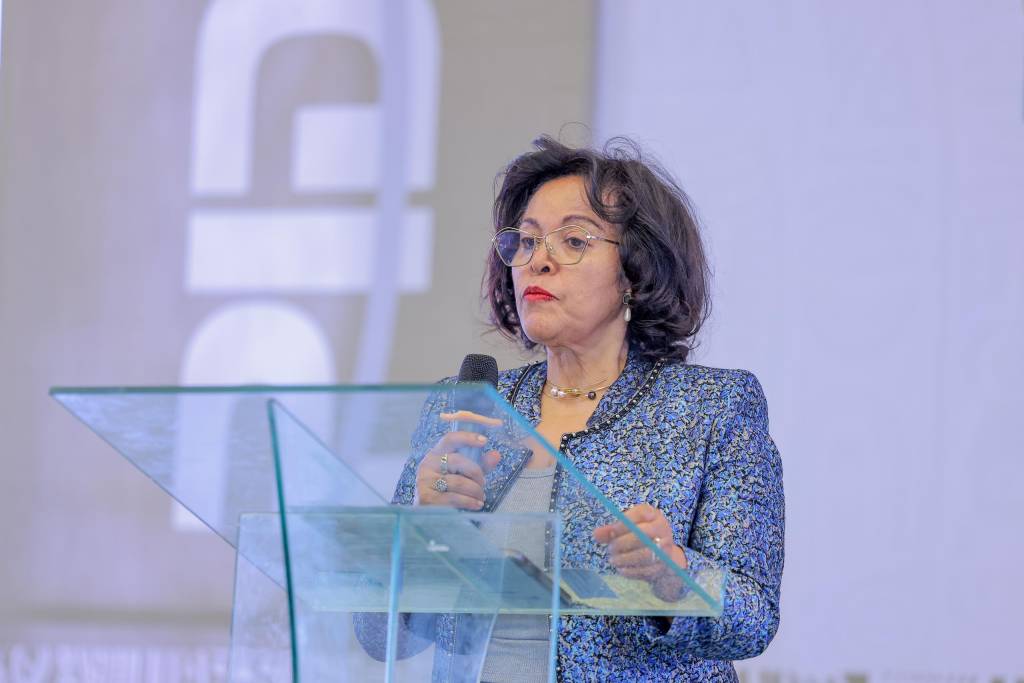
Showcasing Africa’s Infrastructure Projects
The 2024 PIDA Week also showcased major projects across crucial sectors that reflect the vision of addressing Africa’s infrastructure challenges. Such projects include the $25.5 billion Lamu Port-South Sudan-Ethiopia-Transport (LAPSSET) Corridor which connects Kenya, Ethiopia, and South Sudan through roads, railways and a deep-sea port in Lamu which promises to reduce transportation costs and boost trade.
Another PIDA project is the 40,000 megawatts Grand Inga Hydropower Project in the Democratic Republic of the Congo aims to make Africa a major player in the global energy market. Moreover, the Nile River modernization project would create a navigable waterway from Lake Victoria to the Mediterranean Sea, connecting countries in the Nile Basin, including Egypt, Sudan, Kenya, and Tanzania. It would reduce transportation costs, provide a new trade route, and help the environment by reducing the need for road and rail transport.
Despite these ambitious PIDA projects, the financing gap remains a significant challenge. While AUDA-NEPAD has already mobilized $82 billion for various infrastructure initiatives, the full realization of PIDA’s vision requires $360 billion by 2040. To bridge this gap, discussions at the event centered on innovative financing mechanisms, namely public-private partnerships, blended finance, African pension funds and sovereign wealth funds. These mechanisms could simply be the pathway to address infrastructure financing bottlenecks in the continent.
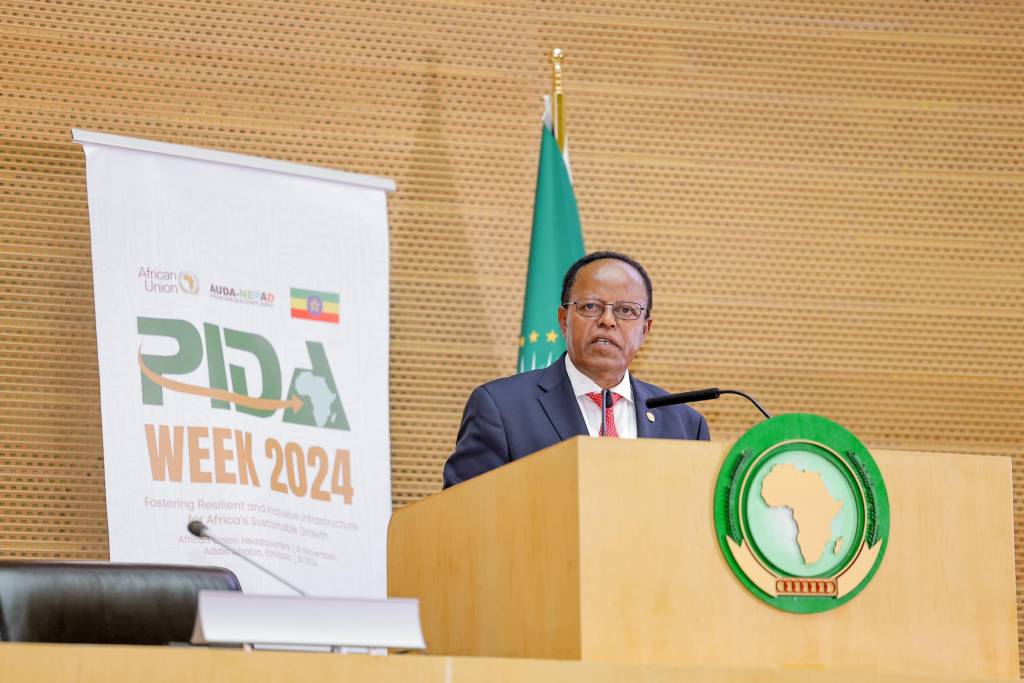
A Call to Action and the Road Ahead
As Africa deals with the growing impacts of climate change, the need for resilient infrastructure was also a focal point at 2024 PIDA Week. Stakeholders such as Ethiopia’s Minister of Transport and Logistics, Dr. Alemu Sime, highlighted the importance of designing and building infrastructure that can withstand extreme weather events such as floods, droughts, and heatwaves.
Digital infrastructure was another critical theme of the 8thPIDA Week as AUDA-NEPAD’s report on One-Stop Border Posts (OSBPs) underscored the role of digital technologies in improving efficiency, reducing costs, and facilitating cross-border trade. Stakeholders at the event believed providing quality digital infrastructure would empower African youth with access to digital skills and opportunities that will help the continent harness its demographic dividends.
In her remarks at the closing ceremony of the 8th PIDA Week, AUDA-NEPAD CEO Bekele-Thomas called for collective action to bridge Africa’s infrastructure gaps noting that the Third Dakar Financing Summit in 2025 would be yet another platform to mobilize resources for accelerating Africa’s infrastructure development. “We must continue to build on the momentum created by this event. PIDA Week has shown that when Africa comes together, we can overcome any challenge. We must keep moving forward with determination and solidarity to build a more connected, integrated, and prosperous Africa.”
While Underpinning the African Continental Free Trade Area (AfCFTA) as a key framework for promoting regional trade and economic integration, Ethiopian President Taye Atske Selassie called for stronger political will and regional cooperation to fully realize the potential of PIDA’s Phase II projects. Indeed, the great promise of the AfCFTA will only be realized if Africa can address its debilitating infrastructure challenge. There can be no free movement of people and goods without seamless rail, road, and air connectivity on the continent.

